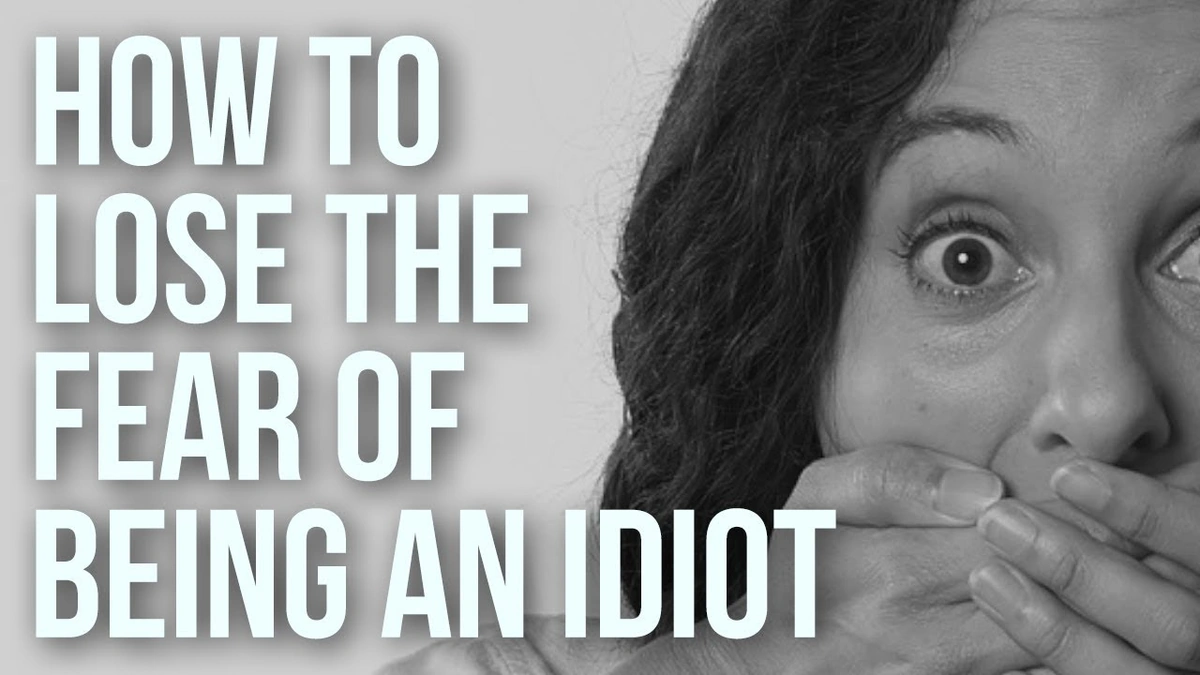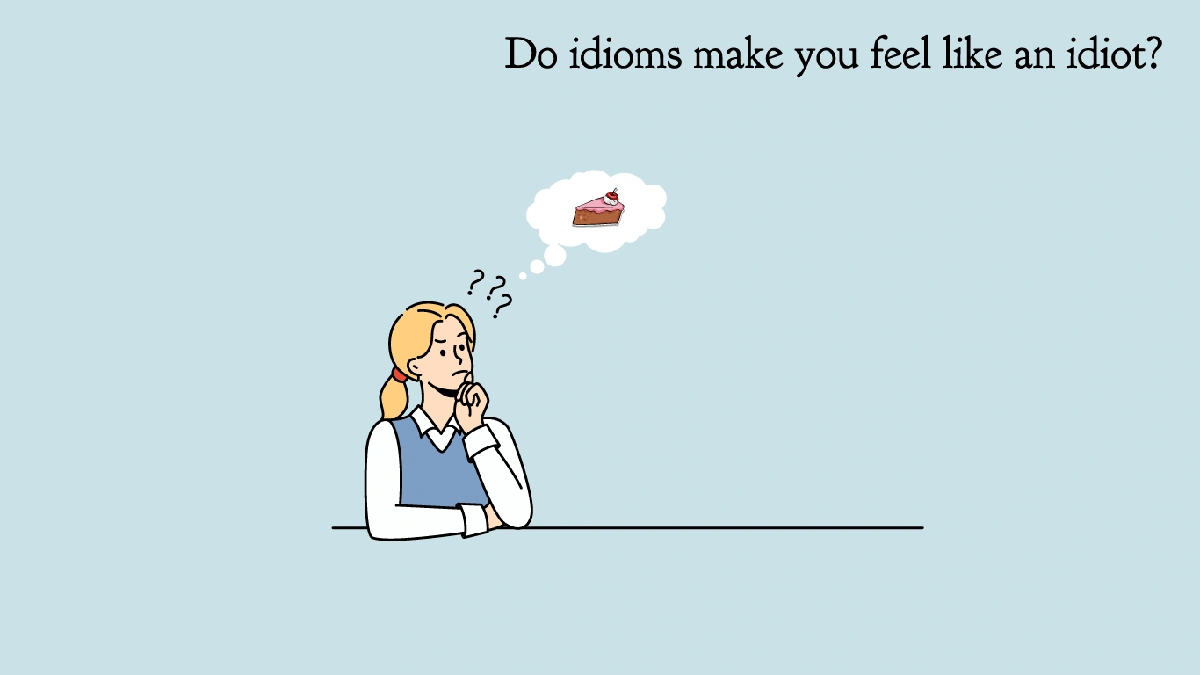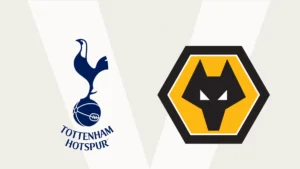Beyond the Insult | Unpacking the Real Meaning of “Idiot”
We’ve all heard it, maybe even used it. “Idiot.” It’s a word thrown around casually, often in anger or frustration. But here’s the thing: what does it really mean? And why do we reach for it so readily? What fascinates me is how a seemingly simple insult carries so much weight and historical baggage. So, let’s dive deep. This isn’t just about name-calling; it’s about understanding the nuances of language and how we use it to define – and sometimes demean – each other.
The Surprising History of the Word “Idiot”

The word ” idiot ” has a surprisingly long and winding history. It doesn’t start with playground insults. In fact, it began as a rather neutral term. Its roots are in the Greek word “idiotes,” which originally referred to a private citizen, someone not involved in public life. Think of it as someone who minds their own business, focused on their personal affairs rather than the affairs of the state. Over time, this evolved. It started to imply a lack of skill or knowledge in public matters – someone unqualified to participate in political discourse. This is where the negative connotations began to creep in. But, it’s a far cry from the cutting insult we know today.
Later, in English, ” idiot ” became a medical term, used to describe a person with a significant intellectual disability.This medical usageis now considered outdated and offensive, replaced by more respectful and accurate terminology. The problem, as I see it, is that the sting of the word remains, even though its clinical use has faded.
Why “Idiot” Hurts | The Power of Language
Words have power – that’s no secret. But the power of a word like ” idiot ” lies in its ability to instantly diminish someone. It’s a verbal shortcut to dismissing their intelligence, their opinions, and their worth. When you call someone an idiot, you’re not just disagreeing with them; you’re attacking their very identity. And that’s what makes it so hurtful.
Let’s be honest, we often use it when we’re feeling frustrated or impatient. Someone cuts you off in traffic? “Idiot!” Someone makes a mistake at work? The thought might cross your mind. But here’s the thing: reacting with such a dismissive label shuts down communication and understanding. It prevents us from seeing the other person as a complex individual with their own reasons and perspectives.
The Alternative | Choosing Words Wisely
So, what’s the alternative? How can we express our frustration or disagreement without resorting to harmful language? It starts with awareness. Recognizing the impact of our words is the first step. Instead of labeling someone an ” idiot ,” try focusing on the specific behavior or action that’s bothering you. For example, instead of saying “You’re such an idiot for making that mistake!” try saying “That mistake is frustrating, but let’s see how we can fix it.”
It’s about shifting the focus from personal attacks to constructive criticism. It’s about recognizing that everyone makes mistakes, and that name-calling only makes the situation worse.Communication, at its core, is about building bridges, not burning them. It’s crucial, though, to differentiate between someone being foolish and their innate intelligence, to prevent misunderstandings from escalating.
Beyond Insults | Cultivating Empathy and Understanding
What fascinates me is how a simple shift in perspective can change everything. Instead of viewing someone’s actions as evidence of their stupidity, try to understand the context. Maybe they’re stressed, tired, or simply made a mistake. We all have those moments. Cultivating empathy – putting yourself in their shoes – can go a long way in de-escalating conflict and promoting understanding. Moreover, understanding the psychological impact of such derogatory terms can assist in building healthier communication patterns.
Now, I’m not suggesting that we should never feel frustrated or disagree with others. Disagreement is a natural part of life. But we can disagree respectfully, without resorting to personal attacks. We can challenge ideas without attacking the person behind them. And that, in my opinion, is the key to a more compassionate and understanding society. Remember, choosing empathy over insults fosters a more positive and constructive environment for everyone involved.
So, the next time you’re tempted to call someone an ” idiot ,” take a moment to pause and reflect. Consider the impact of your words, and choose a more constructive and compassionate response. It might not always be easy, but it’s always worth it. It’s a sign of intelligence and emotional maturity, far removed from the original, unintended meaning of the term. And speaking of intelligence, if you want to read up on the latest October news, then you can click on the link.
FAQ | Decoding the Dynamics of Calling Someone an “Idiot”
Why is the word ” idiot ” so offensive?
It’s offensive because it directly attacks a person’s intelligence and worth, dismissing them in a single word.
Is it ever okay to use the word ” idiot “?
Generally, no. There are almost always better, more constructive ways to express your frustration or disagreement. Even using the word “fool” can be seen as derogatory in most situations. So it’s always best to avoid them altogether.
What should I do if someone calls me an “idiot”?
Try to remain calm and avoid reacting defensively. If possible, address the specific issue at hand rather than getting caught up in the name-calling.
How can I avoid using hurtful language like ” idiot “?
Practice empathy, focus on specific behaviors rather than personal attacks, and choose your words carefully.
What’s the difference between someone being ignorant and being an “idiot”?
Ignorance is a lack of knowledge, while calling someone an “idiot” implies a lack of intelligence. Ignorance can be addressed through education; using “idiot” is just demeaning.
What if I accidentally call someone an “idiot”?
Apologize sincerely and explain that you didn’t mean to be hurtful. Then, try to rephrase your comment in a more constructive way.













